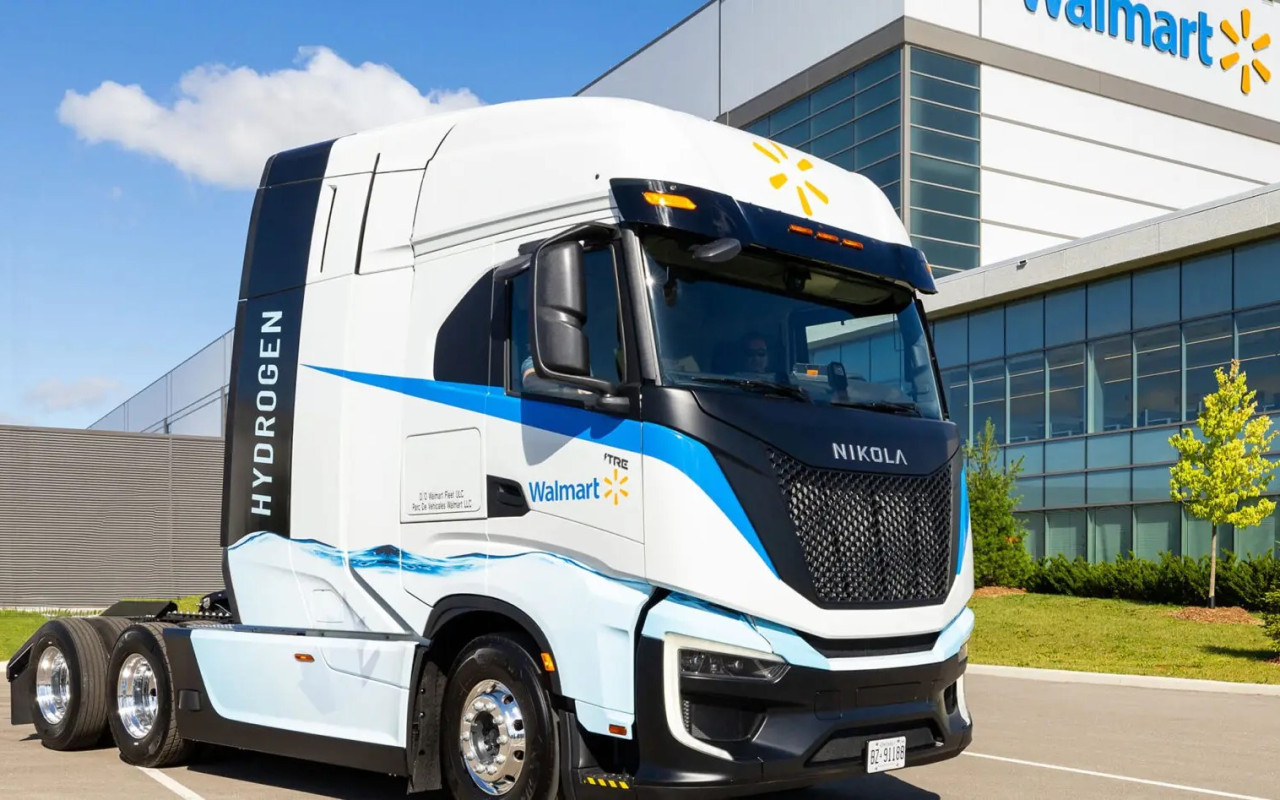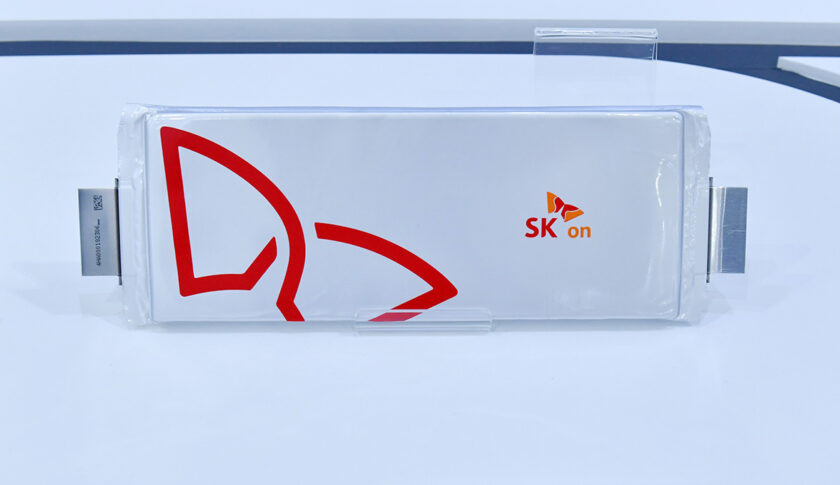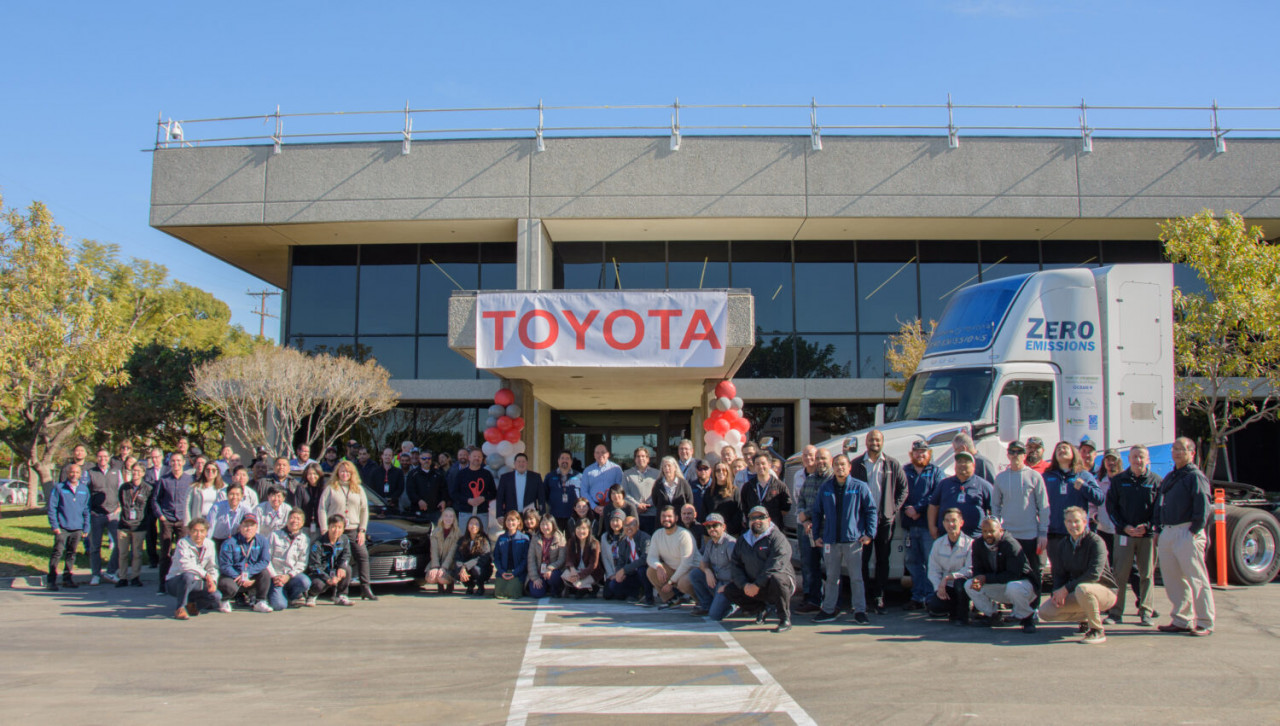Toyota, Sasol partners for developing hydrogen-powered mobility in South Africa
Toyota has announced that it has associated with South African fuel giant Sasol to develop a green hydrogen-powered mobility ecosystem.
The parties aim to develop a mobility corridor and expand the demonstration to a pilot project using one of South Africa's main freight corridors, the N3 route between the coastal city of Durban, where most of the country's imports arrive in containers, to the economic hub of Johannesburg.
Although the project organizers have determined that the most suitable way to develop this endeavor would be to introduce fuel cell trucks onto South African roads, there is at present no such vehicle available in South Africa.
A prototype is at present under development in Japan, with Toyota South Africa Motors (TSAM) having started negotiations with its mother company to import one to South Africa as soon as they become available.
Sasol, which has several filling stations along the route, will be accountable for the installation of a hydrogen refueling station for the demonstration project.
The partners believed that the key to the success of the project would be the participation of other companies and stakeholders along the hydrogen mobility value chain.
"Our partnership with Toyota, which will include other partners over time, aims to build a sustainable end-to-end infrastructure for hydrogen mobility, initially focused on piloting the concept," said Fleetwood Grobler, Sasol President, and CEO.
Andrew Kirby, President, and CEO of TSAM said the partnership would also generate the environment for others to get involved in the hydrogen mobility value chain, thereby making a sustainable contribution to the South African economy.
"We are excited about the partnership with Sasol, which we hope will assist in scaling up investment in critical infrastructures such as charging stations and the fuel itself," said Kirby.
"We believe hydrogen mobility is a real opportunity for the country to decarbonize the sectors of long-haul and heavy-duty transport, mining and others and see the creation of hydrogen hubs, or ecosystems, as a practical and affordable way to scale up the deployment of hydrogen in the transport sector," Grobler said.

























